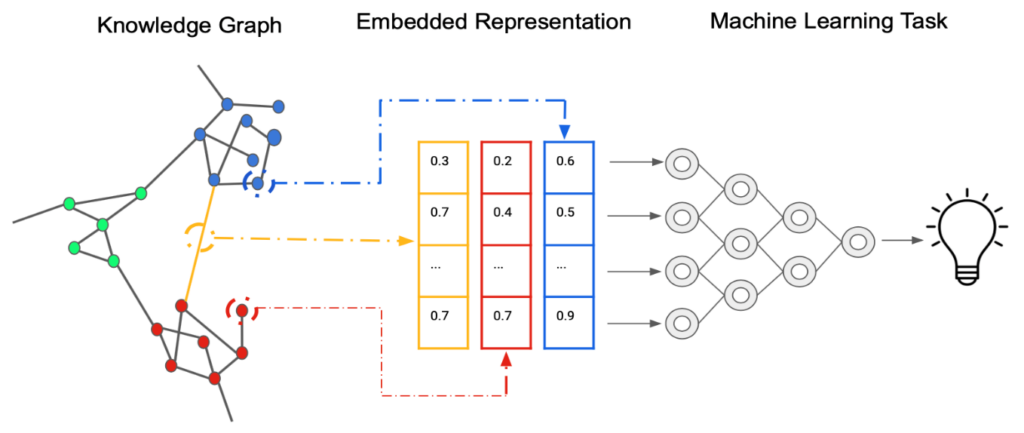
Multilingual refers to concepts being represented in multiple languages.
Knowledge means that language has been formalised to be used in applications.
The System is a complete platform supporting multiple domain knowledge.
Textual Data Challenge
Today’s Knowledge Organization Systems (KOS) – taxonomies, thesauri, ontologies, classifications, nomenclatures – fail to address cross-border, cross-organizational needs. Such tools structure information appropriately but they neglect human language phenomena, particularly multilingualism but also synonymy and ambiguity.
In contrast, Terminology Management Systems (TMS) cater well for language phenomena, but are mostly designed for translation purposes. They often archive hundreds of thousands of terms which become an unmanageable haystack of concepts, because they lack the power of a KOS to semantically structure terminology collections.
Solution
A Multilingual Knowledge System (MKS) brings together these two worlds to provide solutions for multiple purposes, some of which we have reflected on in other blog posts. An MKS unifies knowledge with language by combining concept maps (technically known as graphs) with terminology data. The concept map semantically links the individual entries (concepts) while each entry itself is elaborated into potentially dozens of languages with unlimited descriptive and documentary information.
An MKS is the Key to Your Data
The importance of data has grown exponentially. Thus companies are very reluctant to throw data away and are instead hoarding it. Managing data is hard, primarily due to poor search and management software support, but the quality of data depends on how well it is managed.
Our focus is textual data, which always comes in many languages. Regrettably, the bad quality of textual data undermines machine learning and thus also higher quality AI products. It pays to implement quality control and have a good clean up method that efficiently discards anything which is of no value. Data owners tend to be possessive and therefore often put a great deal of manual effort into improving what they have. However, home grown, barely documented classification and the lack of semantic annotation make the sharing of data hard. We need a classification that can be visualised and managed independently from the data itself.
Boosting AI
In a perfect world all our data would be well maintained and under control. Even then, however, when using it to build AI applications, Machine Learning (ML) only takes us part of the way towards intelligent AI solutions. This is because domain knowledge is also required, so a subject matter expert needs to add it to the ML process to enhance the AI decision-making power. We can support the ML algorithm by introducing domain knowledge, such as a knowledge graph, into the decision process. This is the principle of hybrid AI.

The potential uses for hybrid AI are endless. They include helping with:
- human understanding of operations, such as training new personnel;
- searching when shopping online;
- visualising goods in an organised way;
- intelligent deduction of information in building AI applications that can propose where to focus your operations for optimal gain;
- textual data management, document retrieval, classification and maintenance;
- powering robotics and autonomous driving.
Start Today!
Most knowledge support works for one language only and struggles to support a second one. This, alongside the reasons above, is why we recommend building a Multilingual Knowledge System with Coreon to all our customers. Even if they haven’t started using AI yet, they all will within a few years.
Building an MKS from scratch can be daunting, but it needn’t be any longer. AI is used to create the taxonomy, and multilingual translations can be mined from multiple terminological resources. Recent work by our Coreon team shows that ML can both speed up the process of building a taxonomy and improve its overall quality.
Coreon is designed to be easy to use for subject matter experts who often have a hard time working with tools designed to support programmers. This design angle supports a more correct knowledge representation of your company or domain. A subject matter expert knows the field they are working in, whereas a data scientist mostly doesn’t. A combination of the two therefore brings us closer to perfection. We have also considered the importance of visualizing the knowledge represented in the MKS, in any language. Therefore, you can manage and access your MKS globally.
Coreon remains unique in supporting multilingual knowledge creation, management, and deployment.


